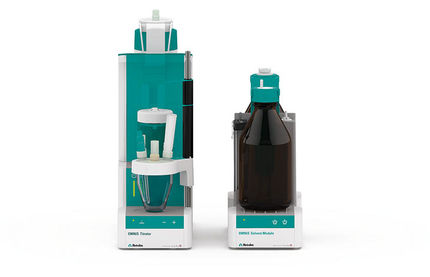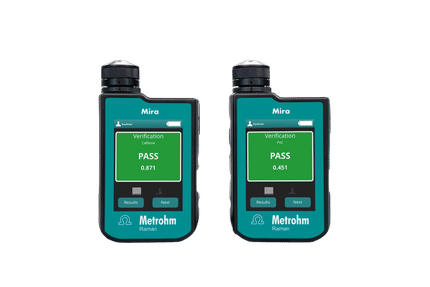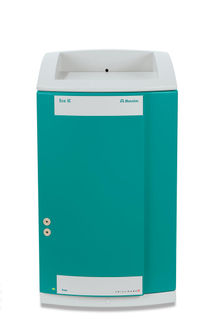To use all functions of this page, please activate cookies in your browser.
my.chemeurope.com
With an accout for my.chemeurope.com you can always see everything at a glance – and you can configure your own website and individual newsletter.
- My watch list
- My saved searches
- My saved topics
- My newsletter
Torbern Bergman
Product highlightTorbern Olof Bergman (March 20, 1735 Katrineberg, Sweden, – July 8, 1784 Medevi, Sweden) was a Swedish chemist and mineralogist noted for his 1775 Dissertation on Elective Attractions, containing the largest chemical affinity tables ever published. Bergman was the first chemist to use the A, B, C, etc., system of notation for chemical species. Torbern gained his education at the University of Uppsala, and received a Ph.D. in 1758. He then lectured at the university in physics and mathematics before becoming a professor of chemistry. He remained at this position for the rest of his life. Bergman greatly contributed to the advancement of quantitative analysis, and he developed a mineral classification scheme based on chemical characteristics and appearance. He is noted for his research on the chemistry of metals, especially bismuth and nickel. In 1771, four years after Joseph Priestley first created artificially carbonated water, Bergman invented a process to make carbonated water from chalk by the action of sulfuric acid. Finally he is noted for his sponsorship of Carl Wilhelm Scheele, whom some deem to be Torbern's "greatest discovery". Publications
Further reading
Categories: Swedish chemists | Swedish mineralogists |
| This article is licensed under the GNU Free Documentation License. It uses material from the Wikipedia article "Torbern_Bergman". A list of authors is available in Wikipedia. |







